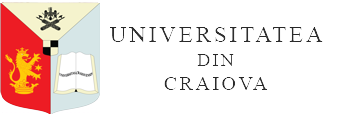EVALUATION OF THE QUALITATIVE CHARACTERISTICS OF GRAPES AND WINE OF THE INDIGENOUS VARIETY OF RADOVAČA
DOI:
https://doi.org/10.52846/aamc.v53i1.1451Abstract
Vines in Bosnia and Herzegovina are traditionally grown in the Herzegovina region, where, in addition to many international varieties, indigenous and domesticated varieties are also successfully grown. The most important varieties are Žilavka and Blatina, while others are found in a much smaller area. One of these is the Radovača variety, which is preserved in only one micro-locality in Herzegovina region.
The paper presents the results of a two-year analysis (2017 - 2018) of the qualitative characteristics of grapes and wines of the Radovača variety. The average cluster weight ranged from 195,50 to 308,97g, and the weight of 10 berries ranged from 23,67g to 29,79g. A favorable proportion of the weight of berries in the cluster weight (96,63 - 97,86 g/100 gcluster) compared to the proportion of petioles (2,14 - 3,37 g/100 g cluster) was observed. The year had a significant impact on the observed characteristics, considering that the analyzed parameters had a slightly higher value during 2017. Oscillations in the value of TSS consequently caused oscillations in the alcohol content of the wine (13,88 - 8,19 %v/v). The values of TTA in grape juice and TA of wine in the years of research were quite uniform, which may also indicate the genetic specificity of this variety in this respect. The content of phenolic compounds in grapes was also significant, especially in seeds (428,74 - 977,27 mg/kg). Regardless of the fluctuations in the years of research, the Radovača variety has a certain oenological potential, which is especially important considering that it is an indigenous grape variety.


